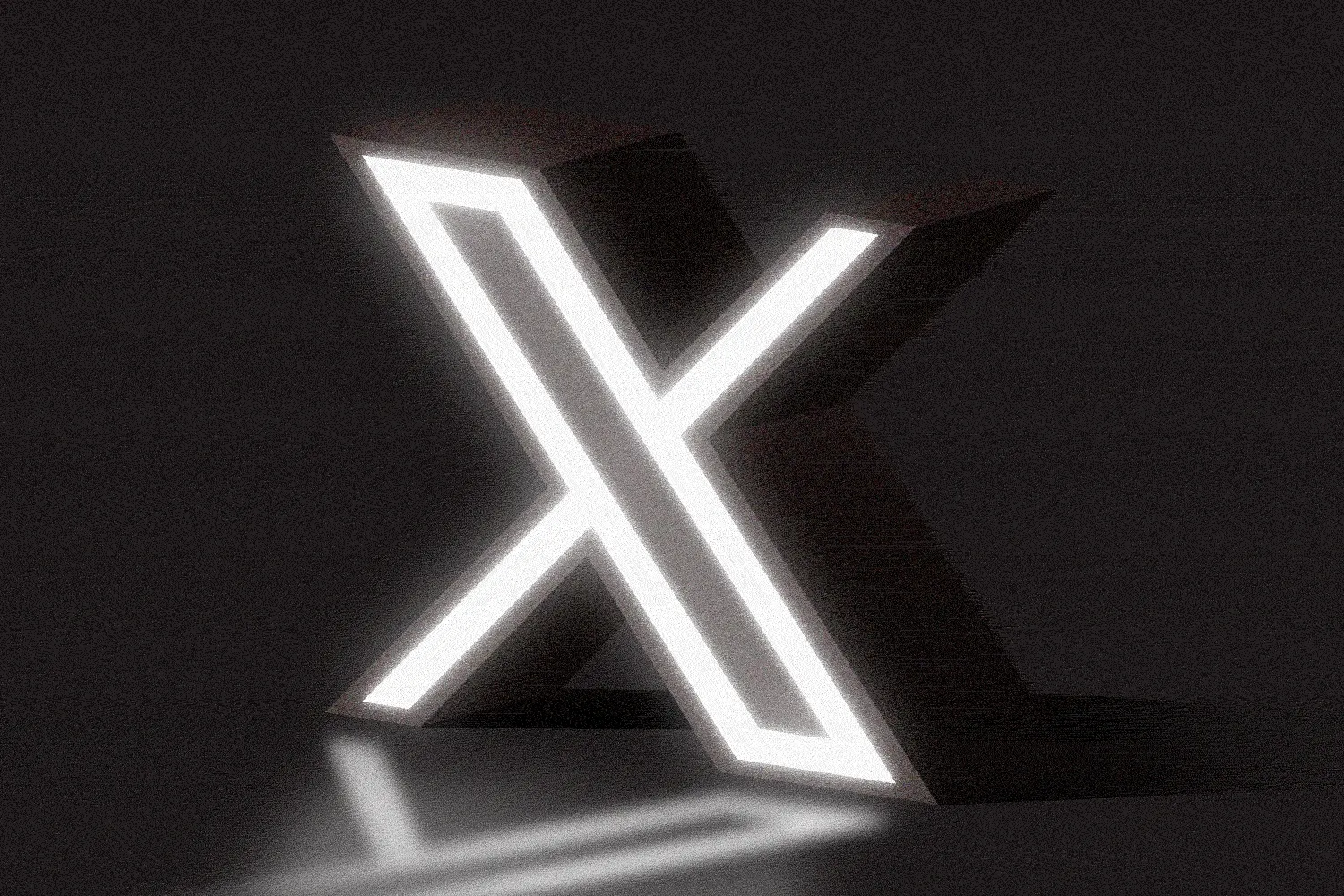What professional namers think about X
While the new name for Twitter is an “empty vessel,” it is “very limiting,” experts told us.

Francis Scialabba
• 3 min read
It’s been more than a hundred days since Elon Musk officially renamed Twitter to X, and Aaron Hall still doesn’t like it.
Hall, a self-described “namer,” is the group director of naming at Siegel+Gale, a branding agency that helped create household names like Mastercard and Xfinity, as well as brands with worse fates, like the short-lived short-form video platform Quibi. (Hall himself led the team that dreamed up the name for Xbox One, but it was with a different agency.)
So far, he isn’t impressed with the rebrand of the social platform, which shares a name that Musk has reportedly been obsessed with since at least the late ’90s, when he pitched it as a potential name for Paypal.
“It’s very limiting. It’s just a letter, and it’s so overused,” he told Marketing Brew. “I don’t think the letter X—I refuse to call it a name—does anything for him.”
Don’t just take it from Hall. A cursory glance through the New York Times, the Wall Street Journal, and CNBC shows that in recent weeks, these news outlets often referred to the company as “X, formerly known as Twitter”—meanwhile, X.com still routes to…Twitter.com.
“I would have failed as a namer” if consumers still require reminders of what the brand is three months after introducing a new name, Hall told Marketing Brew. And why mess with a good thing? Like “google it,” the verb “to tweet” certainly had some cultural clout.
It was also a standard-bearer of sorts, Hall said: The brand name Twitter was often the example clients gave him when they wanted to come up with a unique and memorable name of their own, an example of “one of those few magical words” with just two syllables that worked well for the brand.
Get marketing news you'll actually want to read
Marketing Brew informs marketing pros of the latest on brand strategy, social media, and ad tech via our weekday newsletter, virtual events, marketing conferences, and digital guides.
Musk appears to have his hands full—advertising revenue on X is projected to fall more than 50% in 2023, according to Insider Intelligence, and some brands have paused ads on the platform after renewed concerns about hate speech—and namers know that a name alone can only go so far. A mediocre name won’t get in the way of a good company but “a great name will not save or make a bad product,” Hall said.
Typically, name changes happen when a brand outgrows its initial mission—Siegel+Gale helped the cloud service company YouSendIt rebrand to Hightail when it began offering more services than just file sharing. In other cases, there’s a controversy. In 2021, Aunt Jemima became Pearl Milling Company after it acknowledged that its name and logo were “based on a racial stereotype.” The new name, Hall thinks, is “fine,” adding that “The one thing they did right is they kept the visual identity close enough.”
With Twitter, er, X, there was so much happening after Musk took over that the name was “almost beside the point,” Katherine Pisarro-Grant, an associate verbal director at the agency Wolff Olins, which helped the Metropolitan Museum of Art rebrand to The Met in 2013, told Marketing Brew.
“When we talk about names that are empty vessels a lot, that can be a good thing,” Olins said. “In some ways, X is the ultimate empty-vessel name. You’re left sort of wanting them to fill in the rest.”
Correction 11/22/2023: This piece has been corrected to describe Siegel+Gale as a branding agency. The piece has also been updated to clarify Hall's involvement in YouSendIt’s rebrand to Hightail.
Get marketing news you'll actually want to read
Marketing Brew informs marketing pros of the latest on brand strategy, social media, and ad tech via our weekday newsletter, virtual events, marketing conferences, and digital guides.